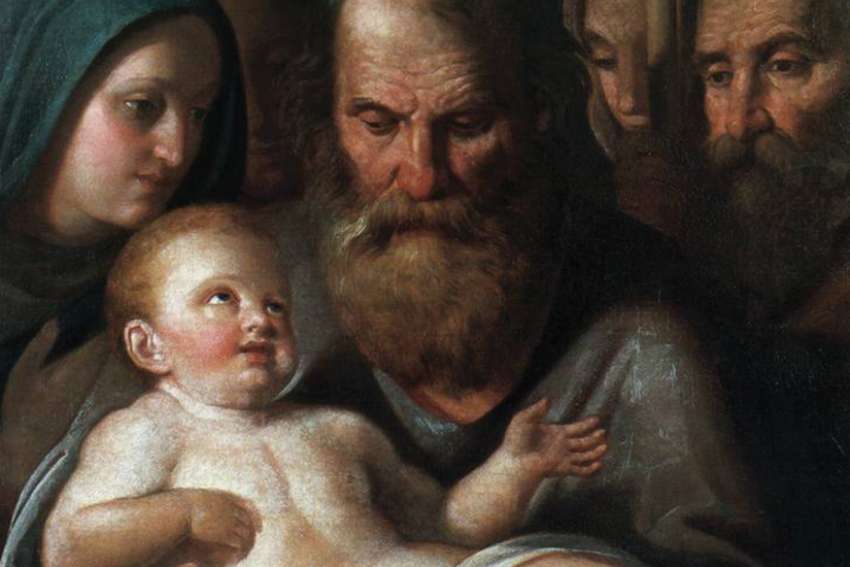Most people desire to leave something of themselves behind — some mark that they have passed through this world and hopefully left it a better place. Having children and grandchildren are usually at the top of the list.
This wish was even more acute in the culture of ancient Israel, for they did not expect an afterlife as we understand it. One’s immortality consisted of being remembered in the community and by having physical descendants. To be childless was thought to be a curse, for this effectively snuffed out one’s future.
God had commanded Abraham to leave his country and kin, embarking on a long journey into the unknown. It was a huge exercise in trust — Abraham did not know where he was going or what awaited him. He had to rely on God totally.
In exchange for this sacrifice and trust, God promised Abraham descendants more numerous than he could ever count. He would be the father of a great nation. But there was a problem — both Abraham and Sarah were well advanced in age, and the promised son had not appeared.
Panic had set in: Abraham fathered a child through Hagar, Sarah’s servant girl. But God now made it clear that this child was not the promised heir. Abraham would have to be a bit more patient and trusting. The son would be born to Sarah and Abraham when God decided it was time and not a moment before.
Abraham trusted in the promise that God made and this counted for righteousness in an age when the Law had not yet been given. The son — Isaac — was finally born; God had remembered. As a sign of the covenant that God had made with them, they were both given new names — the biblical sign for a new stage in life.
More important than merely having children is cherishing, forming and nourishing them. By forming children to grow into men and women for God and others we can make an indelible mark on the world and be the source of blessing for many. That is immortality indeed.
Hebrews repeats many of the themes from the Abraham and Sarah story, albeit with a slightly different emphasis. Faith is underscored, but this faith is not adherence to a creed or doctrine. It is instead total trust in and openness to the divine will.
This faith guided them on their journey like a spiritual GPS. They had no idea where they were going, which is often a sign that one is being guided by God. Faith is an intuitive knowledge of the heart, rather than the ability to figure things out.
By faith, Sarah received the power to conceive, even though she was far past childbearing years. This theme of faith as an empowering principle was picked up in the Gospels, as Jesus almost always informed those whom He had healed that it was their faith that had made them whole. Belief and faith are not quite the same. Our world has too much of the first and not enough of the second.
This same faith guided, sustained and inspired Simeon and Anna. For many years, they frequented the temple daily, rapt in prayer and devotion. They were holy individuals that knew how to wait and to trust in God.
Both believed fervently in God’s promise of Israel’s deliverance. Their faith gave them perception and understanding.
This Spirit-filled faith enabled each of them to pick out the Holy Family from the huge crowds passing through the temple each day. Mary and Joseph were devout and faithful Jews and came to offer the prescribed sacrifice.
When Simeon saw Jesus, he knew that Israel’s deliverance had arrived. He was able to prophesy the role that Jesus would play in the redemption of both Israel and the Gentiles. Anna, too, proclaimed Jesus for the consolation and hope of those in Jerusalem.
But this was all in the future. Jesus needed to grow and mature in a loving and supportive family — the place where much of God’s work is always done.

